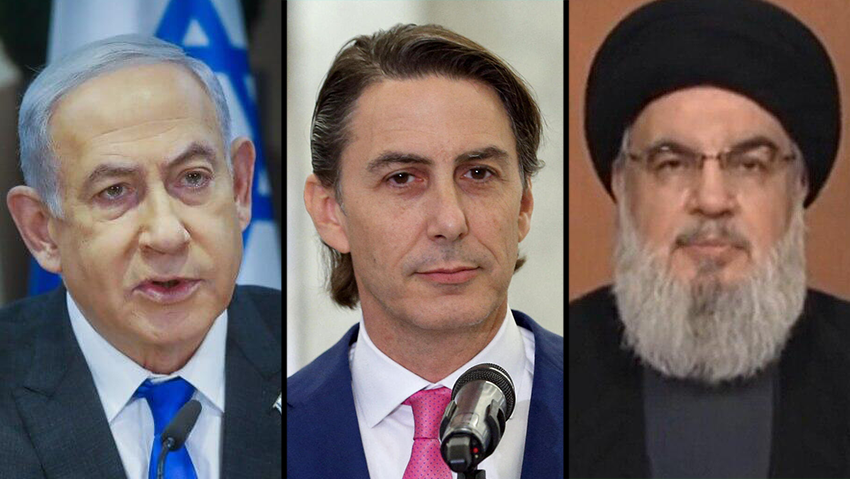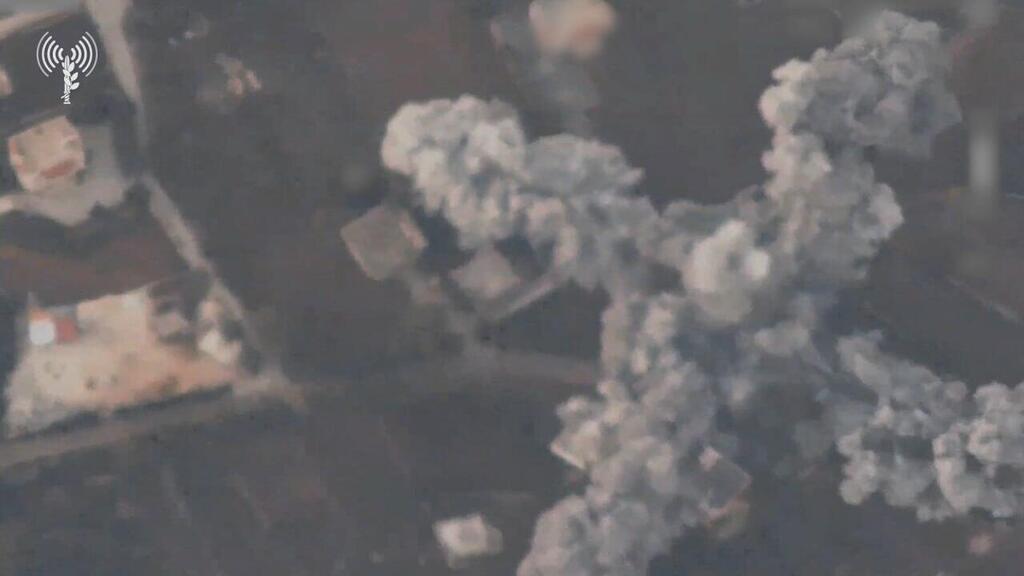Getting your Trinity Audio player ready...
Senior Israeli officials have said repeatedly in recent days that they hoped the conflict with Hezbollah would be resolved diplomatically. But security officials and members of the government in Israel believe Hezbollah leader Hassan Nasrallah would reject the agreement currently being advanced by White House special envoy Amos Hochstein.
According to his proposal, South Lebanon would be demilitarized and the Radwan force would be moved back to a distance of at least 10 kilometers from the border with Israel. Hezbollah's heavy weaponry, including rockets, launchers, mortars, drones and missiles would also be removed from the area. In exchange, Israel would agree to some amendments of the border between the two countries.
The officials said that if Hezbollah rejects the diplomatic resolution, Israel would be forced to launch an offensive on Lebanon within two months to remove the terror group from its frontier and return the residents of the Galilee to their homes, safely.
They believe Nasrallah's refusal and the time that would elapse, would enable Israel to gain American and international legitimacy for the war. The IDF would also be able to amass the necessary armaments it would need in the event that Hezbollah would attack Israel again after the war ends and some cease-fire agreement is achieved.
The officials also believe Iran does not want the fighting along the border to continue. Western sources have said Tehran made it clear to Nasrallah that it was not seeking an all-out war with Israel and therefore he could not count on Iranian intervention in the fighting if a war with Israel begins.



